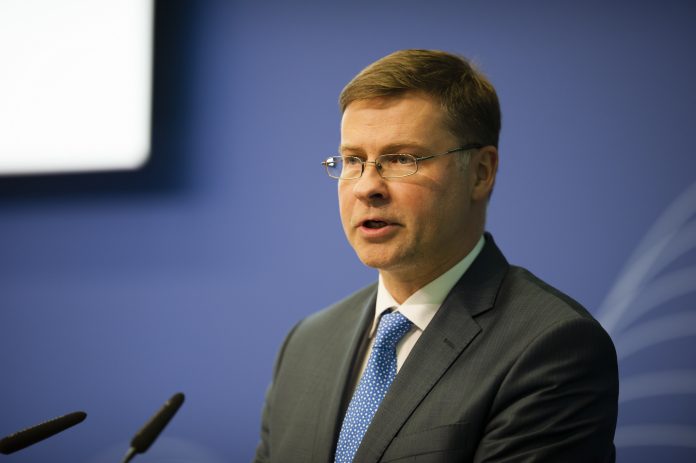The European Commission has published its annual analysis of the economic and social situation in the European Union member states (all 27 members except Greece, which is under a stability support programme) on March 7. It reviews the progress in implementing country-specific recommendations and an assessment of possible imbalances.
According to the report, the European economy is expanding robustly and the positive economic outlook is matched by an improved labour market and social situation.
It also said the current situation is a reflection of the reforms undertaken by member states in recent years and provides a window of opportunity to further strengthen the resilience of the bloc’s economies and societies.
However, the recovery has not benefitted everybody in society equally and structural weaknesses are holding back growth and convergence in some member states.
According to the Commission, EU members need to further strengthen the foundations of their economies.
“Strong economies are those that keep addressing their weaknesses, even when times are good,” said Vice-President Valdis Dombrovskis, responsible for the Euro and Social Dialogue, also in charge of Financial Stability, Financial Services and Capital Markets Union. “Now that Europe’s economy is growing at its fastest pace for a decade, this is precisely what our strategy should be, both at EU and national level.”
In turn, Commissioner Pierre Moscovici, responsible for Economic and Financial Affairs, Taxation and Customs, said that 11 member states are still experiencing macroeconomic imbalances, which makes them vulnerable in case of shocks.
For instance, Croatia, Cyprus and Italy are experiencing excessive economic imbalances, while Bulgaria, France, Germany, Ireland, the Netherlands, Portugal, Spain and Sweden are experiencing economic imbalances. For Bulgaria, France and Portugal there is a de-escalation from excessive imbalances last year. And Slovenia is no longer experiencing economic imbalances.
For Bulgaria and Portugal the Commission underlined that further efforts remain necessary to achieve a sustainable correction of the imbalances.
“Today, the European Commission notes that these imbalances are being corrected thanks to ongoing reforms and economic recovery, making Europe stronger,” he said. “This is good news! The number of countries under this procedure has been falling since the crisis and today, we reward progress in Bulgaria, France, Portugal and Slovenia with a positive change of category. More efforts are needed in all countries. For millions of Europeans, life remains a daily struggle, which is why all governments must do more to tackle inequality, unemployment and job insecurity.”
According to Commissioner Marianne Thyssen, in charge of Employment, Social Affairs, Skills and Labour Mobility, the EU has put investing in skills, reducing inequalities, social fairness and inclusive growth on top of the agenda. “We now need to keep track of the performance of the Member States on the principles and rights included in the Pillar, to make them a reality on the ground.”

